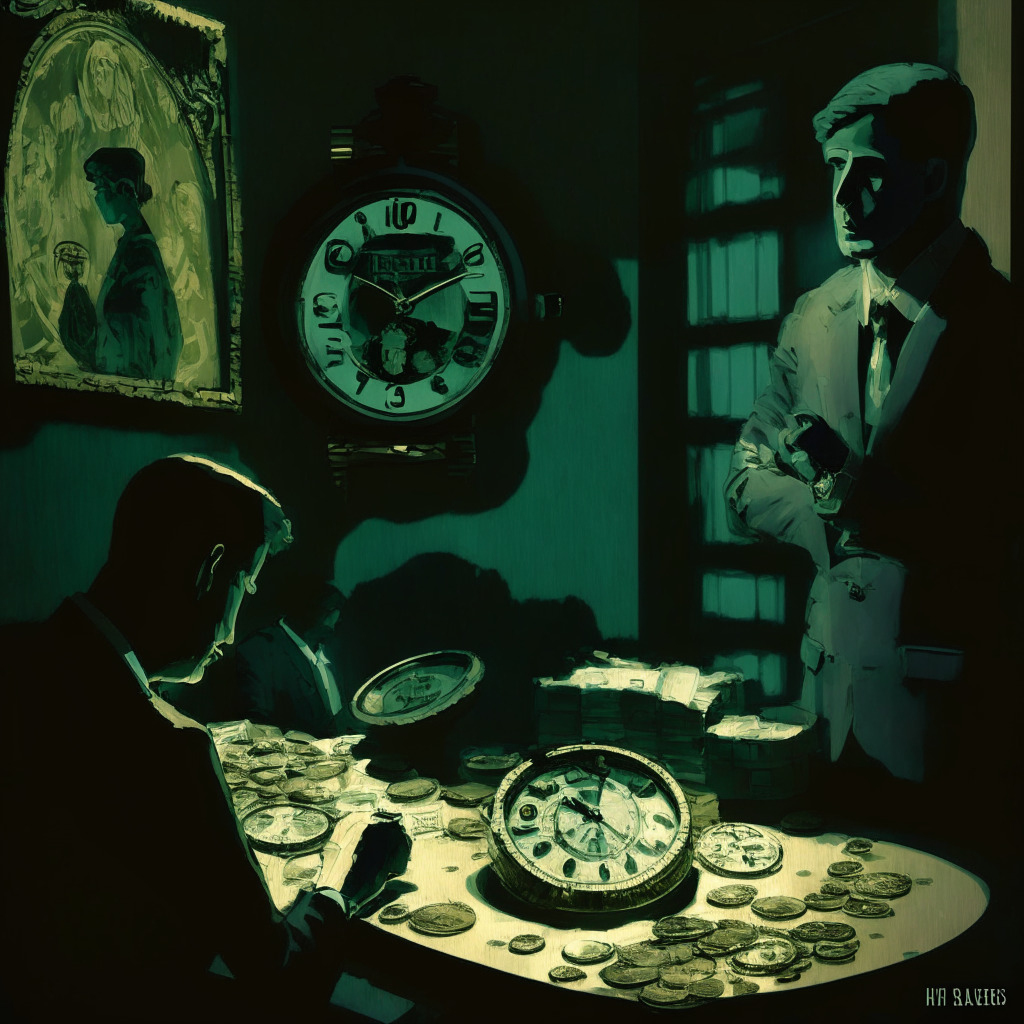As reports emerge about another nation wavering on blockchain adoption, it appears that Russia has recently abandoned plans to establish a government-operated cryptocurrency exchange. Instead, the country intends to create regulations that will allow the private sector to manage crypto exchanges, according to State Duma member Anatoly Aksakov.
This change in direction comes after Russia’s initial exploration of cryptocurrency regulation back in 2022, when the central bank and state legislature were deciding whether to regulate or ban crypto altogether. The government has since considered implementing an “experimental legal regime” to enable cryptocurrency use in export-import transactions and allowing special organizations to mine and process international crypto payments.
Despite the apparent skepticism, Russia has expressed interest in using stateless cryptocurrencies such as Bitcoin and permissionless stablecoins to bypass international sanctions. However, it remains to be seen which crypto exchanges will be permitted to operate within the country and what types of internal controls they’ll be required to follow.
This evolving stance toward cryptocurrencies can be seen as a reflection of the contradictory relationship that autocratic governments have with the decentralized and ungovernable nature of digital assets. Russian President Vladimir Putin, known for imposing internal capital controls and banning crypto transactions, is also exploring the potential use of cryptocurrencies to enhance the nation’s global influence.
As Russia realizes that the use of cryptocurrencies is inevitable and that regulations will be more effective than banning them outright, the introduction of private crypto exchanges may minimize the risks of sanctions while reducing the chances of market monopolies. Nonetheless, it’s worth noting that such Russian crypto exchanges will likely be restricted from interacting with US citizens and other parts of the world.
Aside from the global political landscape, cryptocurrencies have become crucial for individuals seeking to protect their wealth from fluctuating fiat currencies or government seizures. Despite the crypto industry’s propensity to over-promise and under-deliver, blockchain technology has emerged as a powerful financial forensic tool for governments across the globe.
In conclusion, while cryptocurrencies have empowered individuals worldwide, their true potential remains limited due to user experience (UX/UI) issues and the control that governments exercise over on-ramps into the crypto economy. As Russia cautiously embraces cryptocurrencies, it’s essential to consider how crypto adoption impacts the economy, politics, and the everyday lives of people on a global scale.
Source: Coindesk




